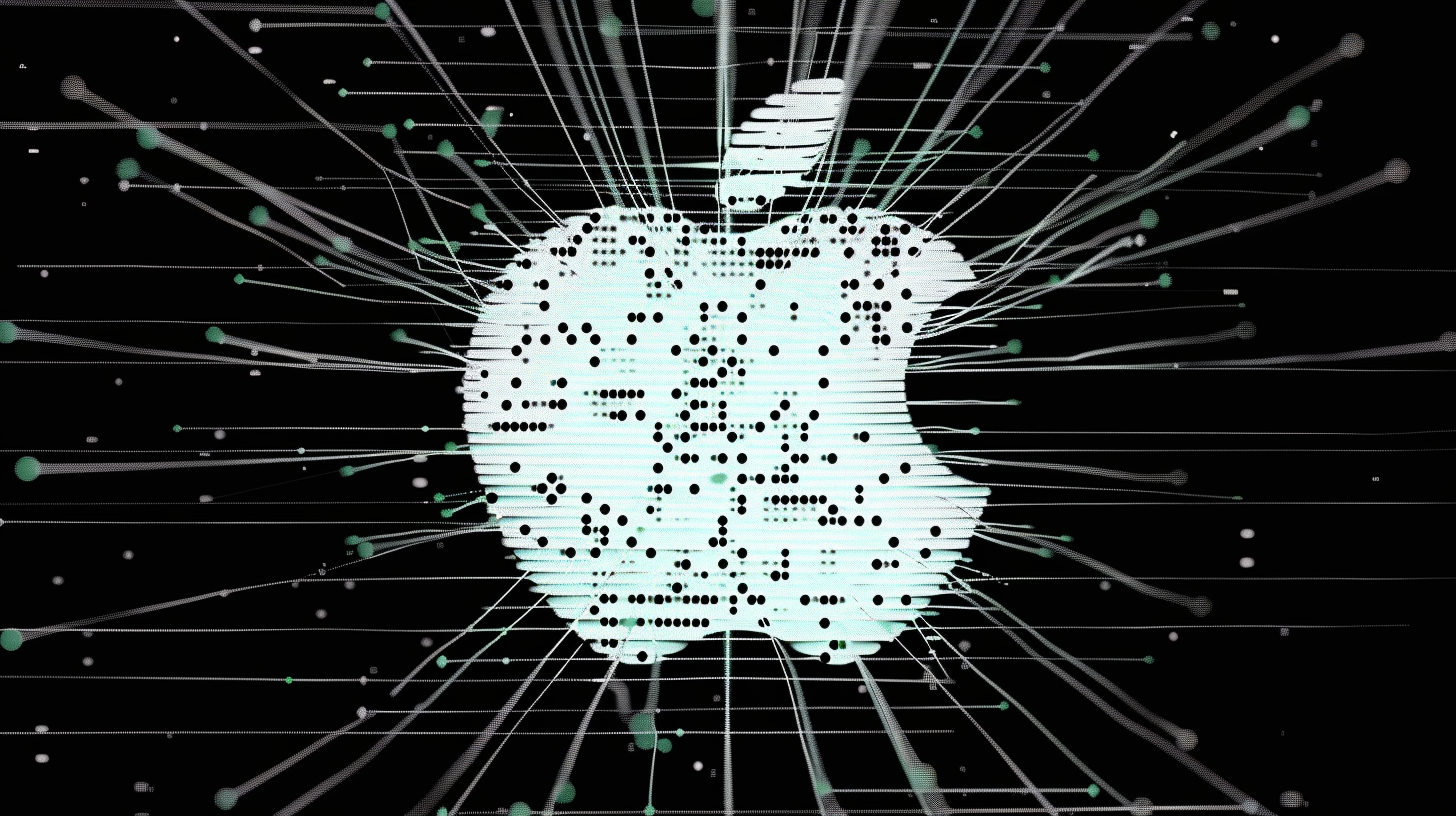Talent drain and dysfunctional leadership: Apple's AI ambitions in crisis

Apple wanted to catch up with ChatGPT and others with new AI features for Siri. Instead, there have been technical setbacks, internal power struggles - and a divided management team.
Apple has pushed back the release of its revamped Siri features to 2026, following months of technical challenges, organizational reshuffling, and internal conflicts. The New York Times and The Information report the company is struggling with dysfunction as it tries to meet its own innovation goals.
The Siri redesign was meant to be part of "Apple Intelligence," the company's AI initiative announced for summer 2024. Key features like notification summarization had to be disabled shortly after launch due to accuracy problems. A planned Spring 2025 Siri upgrade was delayed after showing high error rates in internal testing.
In response, Apple reorganized its AI leadership. AI chief John Giannandrea and Siri head Robby Walker lost oversight of Siri. Software chief Craig Federighi took control, supported by Mike Rockwell, who previously led Vision Pro headset development.
The Information describes long-running tensions between Federighi's software team and Giannandrea's AI group, known internally as "AI/ML." Former Apple employees cited by The Information say the groups' contrasting management styles and work cultures contributed to growing dysfunction.
Technical limitations and strategic missteps
The initial plan called for Siri to use two models: a small on-device model and a more powerful cloud version. The team later decided to run everything through a single large cloud model - departing from Apple's previous focus on local processing for privacy reasons.
Apple's AI development faced severe computing constraints. The New York Times reports the company's data centers had only about 50,000 outdated GPUs, far fewer than the hundreds of thousands of chips used by Google and Microsoft. When developers requested more budget for new chips, only partial funding was approved, forcing them to rely on Google's hardware instead.
Internal power struggles to intensify
Tensions peaked during "Link," a project for Voice control on Vision Pro headsets. According to The Information, Rockwell and Federighi's deputy Sebastien Marineau-Mes openly expressed frustration with Walker, who was seen as hesitant and risk-averse.
The company has also lost key talent. The departure of prominent product designers like Jony Ive and Dan Riccio has affected innovation capacity. The New York Times notes that while new leaders like Giannandrea bring technical expertise, they lack experience launching market-ready products.
New direction with uncertain outcome
Federighi has now authorized the use of open-source models in Siri if they outperform Apple's internal solutions, The Information reports. This marks a significant shift, as external models were prohibited in Apple products until 2023.
Inside Apple, employees see Federighi and Rockwell as potential catalysts for change, according to The Information. Both are known as hands-on technical leaders, though success in their new roles remains uncertain.
AI News Without the Hype – Curated by Humans
As a THE DECODER subscriber, you get ad-free reading, our weekly AI newsletter, the exclusive "AI Radar" Frontier Report 6× per year, access to comments, and our complete archive.
Subscribe nowAI news without the hype
Curated by humans.
- Over 20 percent launch discount.
- Read without distractions – no Google ads.
- Access to comments and community discussions.
- Weekly AI newsletter.
- 6 times a year: “AI Radar” – deep dives on key AI topics.
- Up to 25 % off on KI Pro online events.
- Access to our full ten-year archive.
- Get the latest AI news from The Decoder.